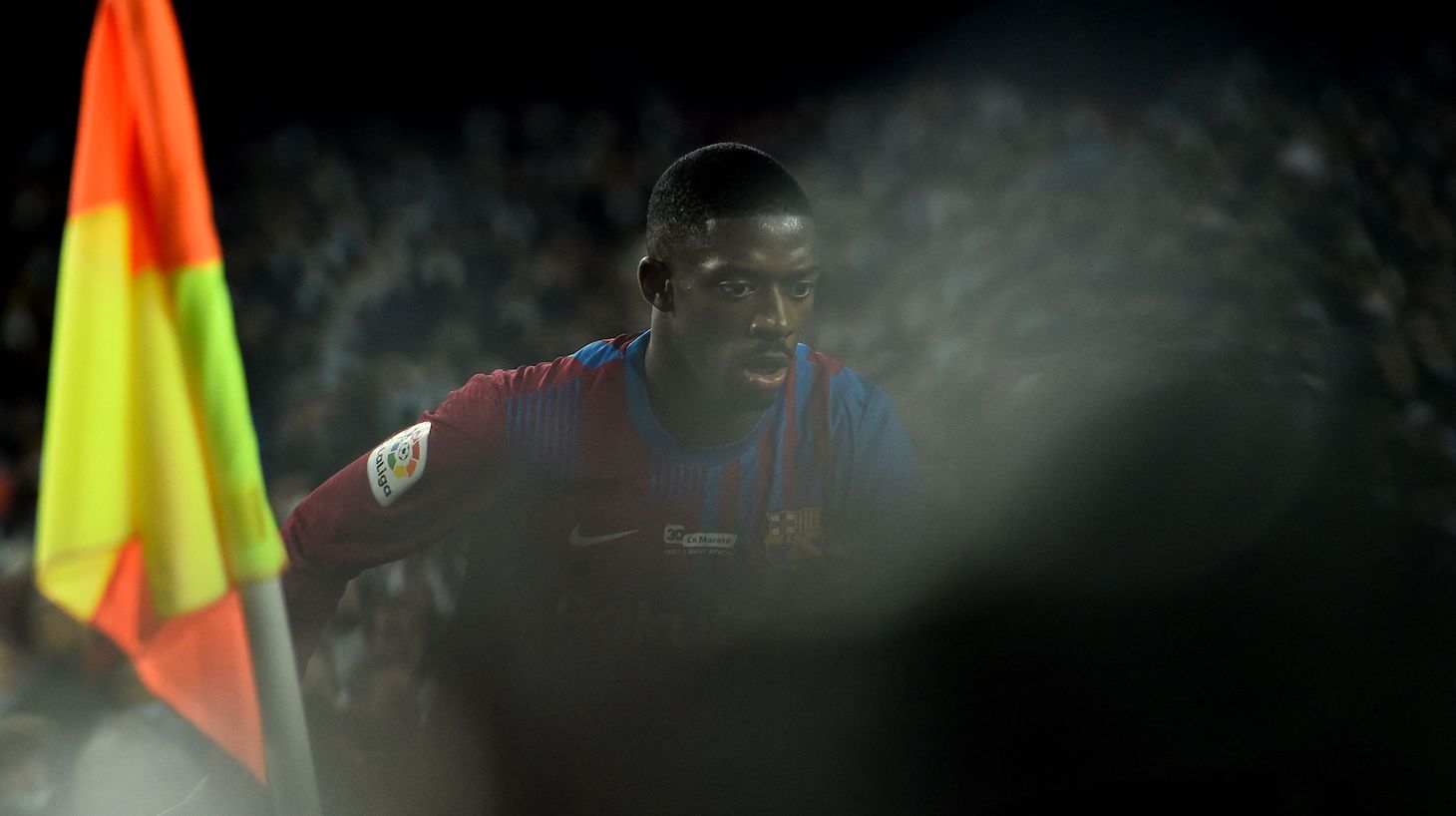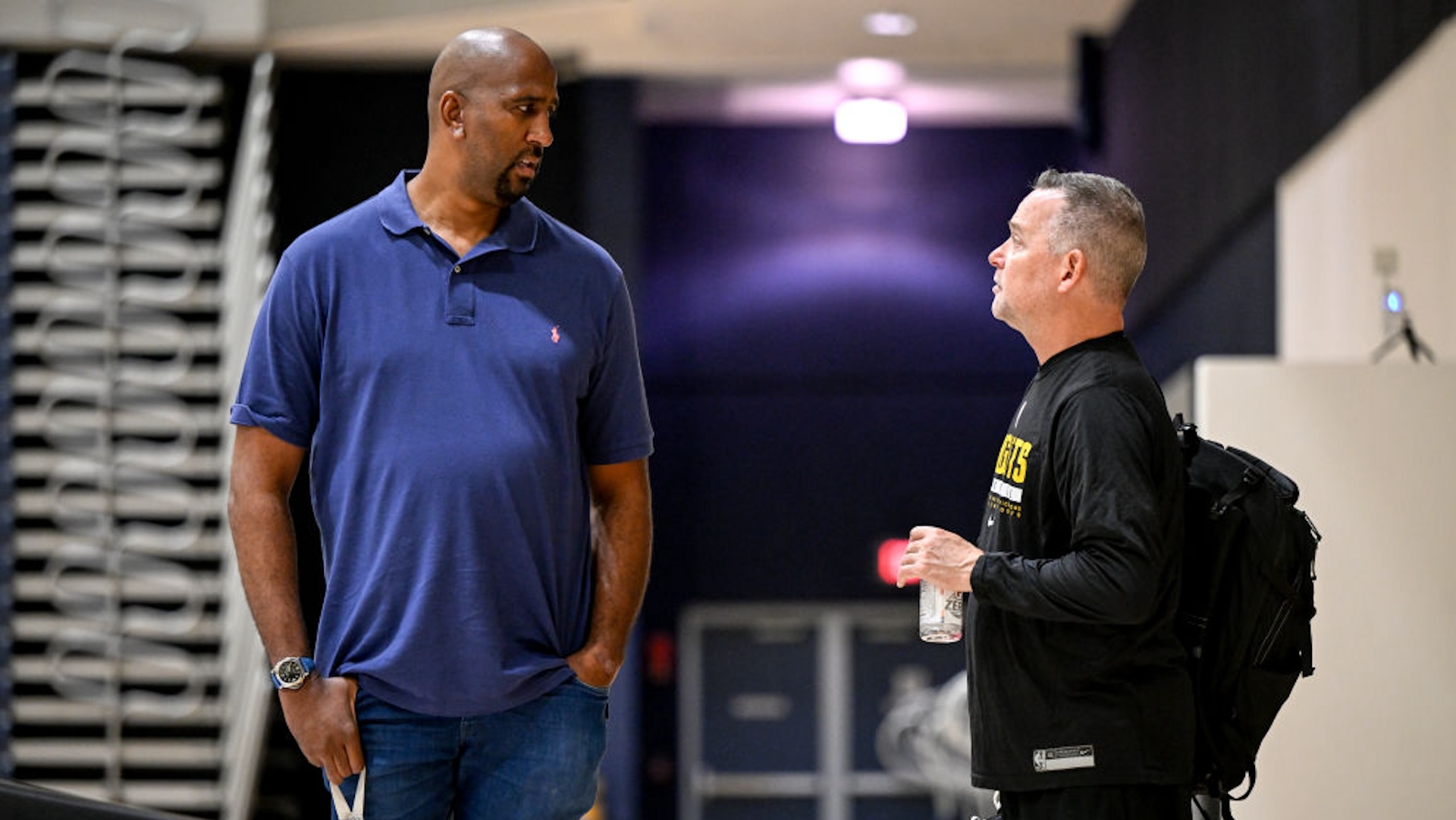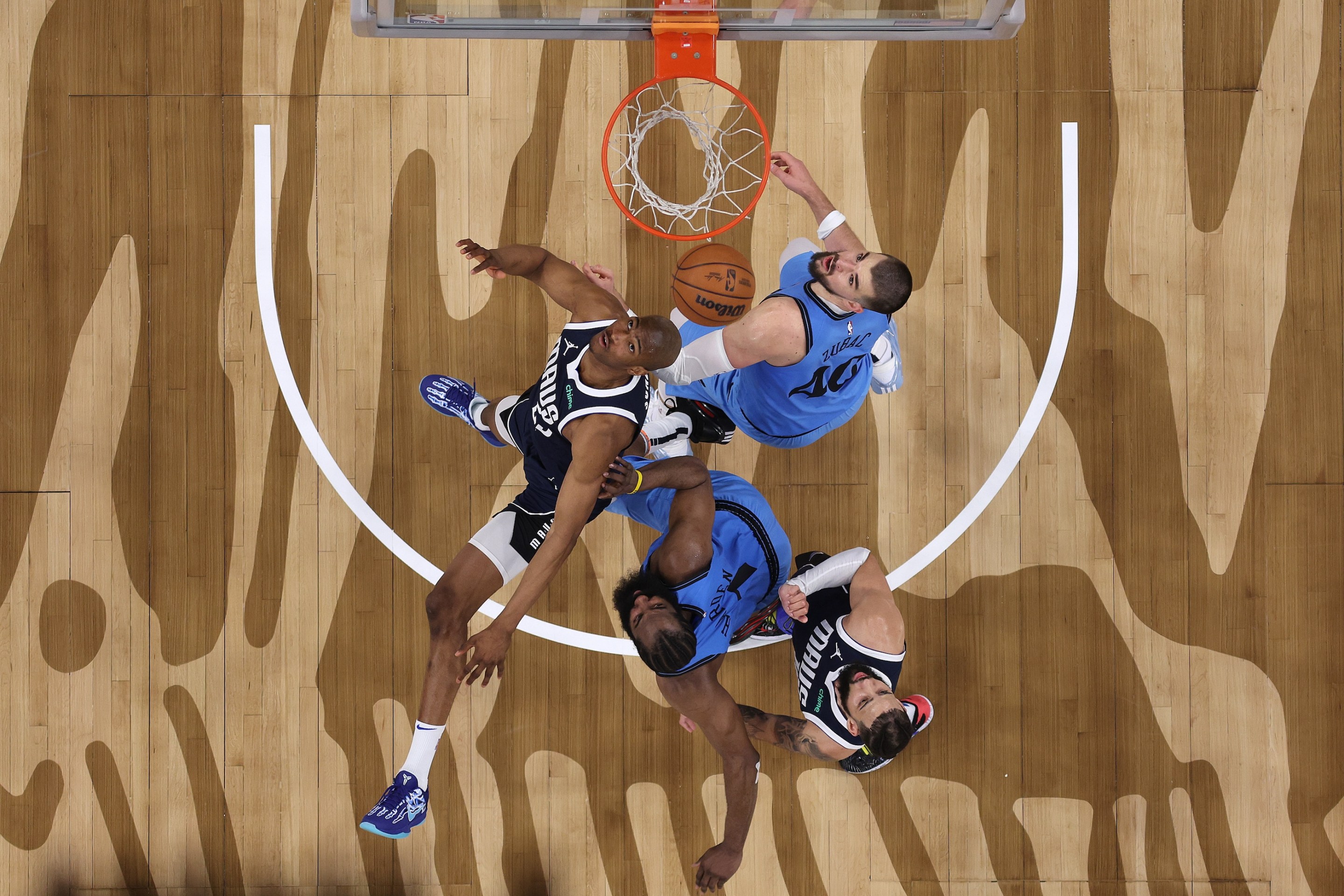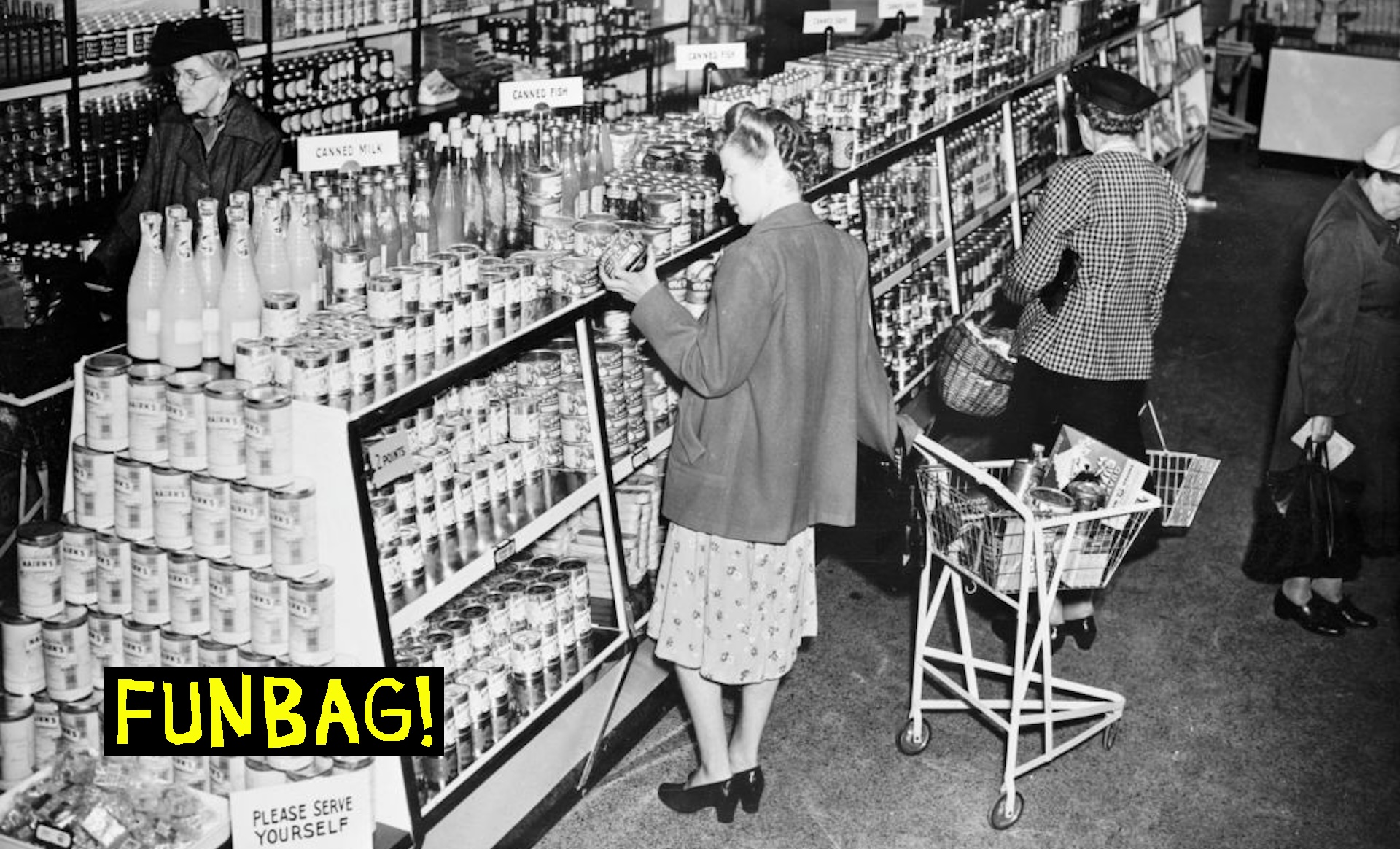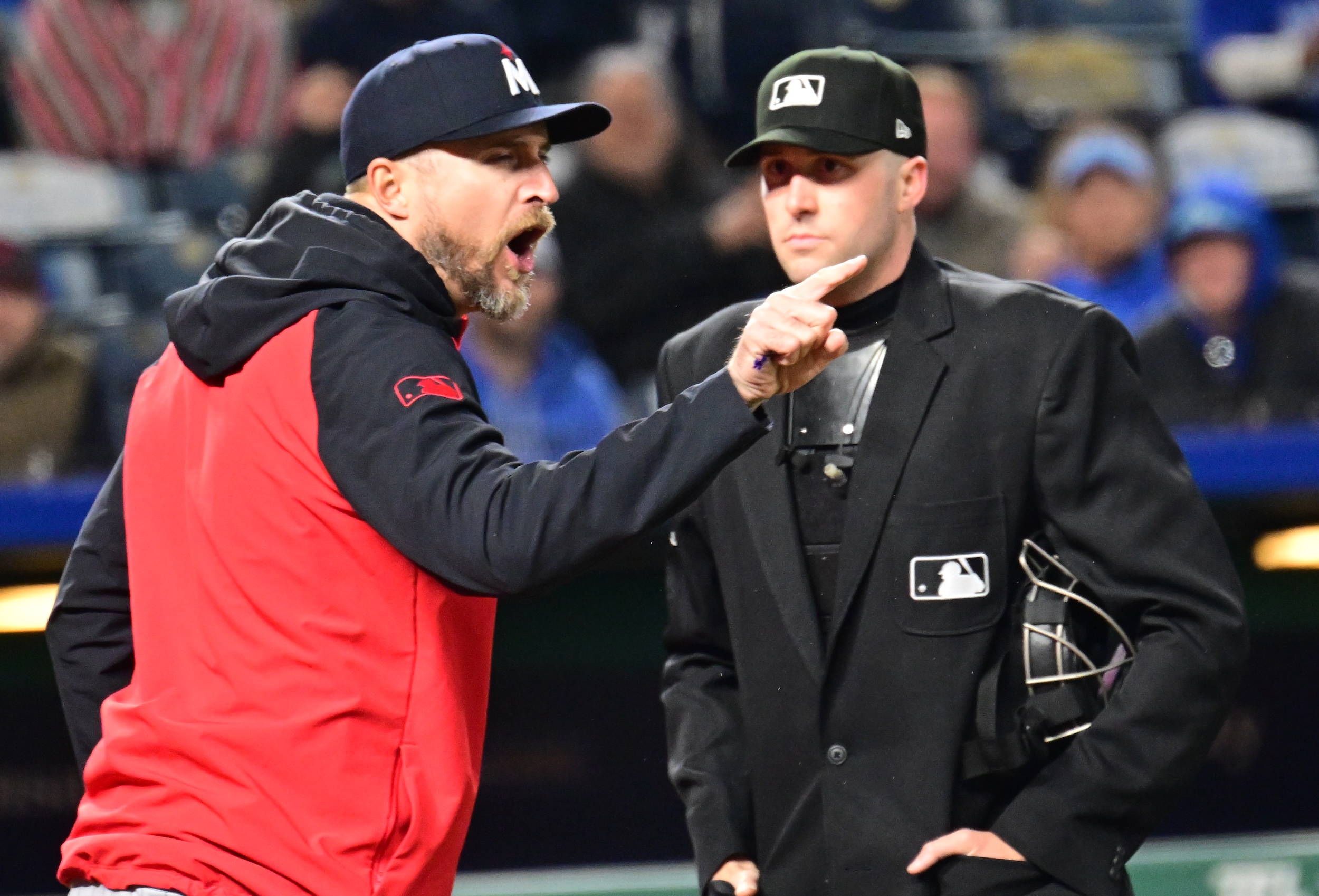A little more than a year ago, fed-up Barcelona fans forced the resignation of the club's wildly unpopular president, hoping to bring the benighted club into a new day. A few months later, club members voted to replace that president with a new president, the same man who had been president during the team's most glorious years, hoping that the new day would look a lot like the good old days. Just a couple months ago, that new president fired the team's wildly unpopular manager and handed the job to a coach who, as a player, was the chief avatar of those good old days. Clearly, the people have been after change. Which is why it's so disappointing that, hours into this supposed new dawn, it's hard to tell much of a difference between now and yesterday.
The past week has been yet more proof that the situation at Barcelona is still rotten. The clearest example came on Thursday, when the protracted contract negotiations between the club and Ousmane Dembélé, whose current deal expires in the summer, came to a head. The day before, the team had publicly communicated to Dembélé and his agents that they had until midnight to accept Barcelona's latest contract extension offer, or else the club would interpret it as the end of negotiations and attempt to push the player out of the club immediately.
The ultimatum went ignored, so on Tuesday morning the Barça Twitter account released a video of sporting director Mateu Alemany explaining that Dembélé will no longer play for the club and must accept an exit in this month's transfer window. Dembélé, who new manager Xavi has incessantly praised as a player with the potential to be the best in the world and the cornerstone of his managerial project, was then left out of the squad ahead of Thursday's pivotal Copa del Rey match. In that match, Barcelona played terribly in a 3–2 loss to Athletic Club. What's worse, Ansu Fati, the starlet whose recent return from injury could've softened any absence of Dembélé's talents, suffered another serious injury. The day was just about as bad as it gets.
Dembélé responded to Barça's statement with one of his own on Thursday. The Frenchman characterized Barça's behavior as "blackmail," denied lacking commitment to the team and club (which Alemany claimed was Xavi's reasoning for banishing him from the matchday squads going forward), and implied that he was not about to budge in either direction, be it signing the current offer or accepting a move elsewhere. Here's a translation of his statement (though Fab for some reason left out the best and most poetic line of the letter: "Surely love is a form of blackmail [eyes emoji]"):
Ousmane Dembélé: “For four years people have spoken for me, shamefully lied with a single purpose, the intention of harming me. I have been following my line of never answering for four years. Has it been a mistake? Surely. It’s over”. 🔴🇫🇷 #Dembele
— Fabrizio Romano (@FabrizioRomano) January 20, 2022
Full Dembouz statement ⤵️📑 pic.twitter.com/VsXOVVj1fb
Here I should point out that the general positions of both sides are totally coherent and fair. Both have sensible concerns and valid interests to protect. Reports say Dembélé has repeatedly told the club he'd like to stay; just as often, Barcelona has said it would like to keep him. I believe them both. The problem is that both individual parties' best-case scenario is the other party's worst-case one, so the two are locked into a sort of prisoner's dilemma, intransigently sticking to their positions, neither getting what they really want.
Let's start with Dembélé. It's well documented how much of a disaster his move to Barça has been. His development as a player has completely stalled since coming to Spain in 2017, due mostly to a punishingly consistent spate of injuries. He's made 129 appearances for Barcelona over those four-and-a-half seasons, but has missed 102 others while hurt. Even when he has played, he's only rarely looked as good as expected. His ball-dominant, high-usage, high-turnover game has been an awful fit in a team where only Lionel Messi was allowed to play like that, so the team has often asked him to do the exact opposite of what comes natural to him.
He's been criticized for his attitude, criticized for his performances, criticized for his diet, criticized for his lifestyle (too many late nights playing video games! Very bad!), criticized for his lack of dedication to the sport, even criticized for his injuries as if they were a personal failing. Dembélé arrived at Barcelona as a 20-year-old kid widely considered one of the two best prospects in the game (remember: back then the most promising young players ranking went Kylian Mbappé, Dembélé, and then a big gap between those two and the rest), on the cusp of greatness, at the club he always dreamed he'd play for. Four-and-a-half years later, he's seen as a cautionary tale whose dream turned into a nightmare.
Why, then, would Dembélé even want to stay at the club? Nearly all of his memories of the place must be bad. The fans never really took to him, in part because they've only seen brief flashes of his talent in between those long stretches where they didn't see him at all. The club hasn't helped him grow, and, while the injuries are the biggest reason for that, there never seemed to be any real understanding of who he is as a player and how to empower that on the pitch. (Where have we heard that before ...) Sure, the club is offering him a new contract and talking up his potential now, but by all reports the new terms are at a considerably lower base salary and are heavily incentive-laden.
Maybe the worst of Dembélé's injury troubles are behind him, but maybe they aren't. Wouldn't he be smarter, then, to wait out his current deal and sign a new one elsewhere, where, as is common with free agents who save their new clubs a fortune on transfer fees, he would be in line for a big, financial future–securing raise? Is Barça really as broke as they say they are when they cry poverty in contract negotiations with the current players but then run and tell every reporter in the world that they believe they can sign Erling Haaland in the summer? What does Dembélé owe the club that really hasn't given him much?
Barcelona's case against Dembélé is similarly sound. The club bet huge on his talent, and it hasn't come even close to paying off. The player is simply not reliable. What's more, his salary is one of the highest on the roster, which is painful in its own right and doubly so in light of the club's current state of financial austerity. Nevertheless, Dembélé is still young, and is still ridiculously talented. He's definitely no longer as safe a bet to achieve stardom as he was five years ago, but he's still got a real shot at it. And because of the club's financial position, it would be very difficult for the team to sign new players of Dembélé's caliber on the open market.
For those reasons, Barcelona has two decent options: offer Dembélé a new contract, one with a lower salary but high and achievable incentives, and hope he turns into something close to the player they expected him to be when he first came; or get his current salary off the books ASAP, and free up space to sign new players right now. Either of those would be OK; what would be bad for them would be to let Dembélé run out his contract, as paying the rest of his current salary would hamstring the team's ability to sign much-needed reinforcements this winter and would leave them empty handed in the summer.
And from the club's perspective, isn't an incentive-based contract a totally fair reflection of both his injury history and his immense ability? Money aside, are his other potential suitors really all that more attractive than Barcelona? Would he rather prove himself with a starting, starring role at a club like Barcelona, where he would be handsomely rewarded should he play often and well, or would he be content as a more highly paid but potentially rarely used rotation option somewhere else? And if Dembélé doesn't want to stay, then no problem—but couldn't he move on now, when the financial hit to him might not be all that substantial but it could mean so much to the cash-strapped club? Is it really too much to ask someone who the club has invested so much time and money into for a return favor, especially when several teammates have already done so?
As you can see, there's no clear right or wrong party in the situation as a big-picture matter. But the devil is in the details, and the details of how Barcelona has gone about dealing with things has been pretty shitty. This is likely a reflection of the fact that Dembélé has all the leverage. If he doesn't want to sign the new contract, he doesn't have to. If he doesn't want to leave in the winter, he doesn't have to. The only party with any time constraint is Barça, since the club is desperate to either lower Dembélé's salary or fully get rid of it.
In their efforts to force Dembélé's hand, Barça has publicly excoriated him and promised to not field him in the squad anymore. Presumably, this is to make the situation so toxic that Dembélé has no choice but to concede and leave. (Surely he couldn't re-sign, not after all this.) Yes, soccer is a business and business is ugly, but all of this seems pretty fucked up! It is a bad thing to turn the fans against one of the team's own players in order to cajole the player into doing what the club wants. It is a bad thing to prevent a player from playing, especially a player whose body has so cruelly robbed him of playing opportunities, especially with the self-evident lie of a justification that the player lacks commitment. (It's also dumb, because Barça really really needs a player like him, even if it's only for the rest of the season!) It is a bad thing to foist the responsibility for fixing a problem of the club's own making onto a player who is seeking nothing more than to honor a mutually agreed upon contract.
If the Dembélé situation were an outlier, then you could maybe grant the club the benefit of the doubt. But for years Barcelona has been behaving badly under the guise that business is business: the callous handling of Luis Suárez's exit; the lack of respect and protection given to managers like Ernesto Valverde and Quique Setien and Ronald Koeman when times were bad; the petty lawsuit against Neymar after he left for PSG; convincing transfer targets to cause a ruckus at their current club to accelerate deals a la Antoine Griezmann with Atlético Madrid, Philippe Coutinho at Liverpool, and Dembélé at Borussia Dortmund; selling new players on a dream of Barça success but not doing much to cultivate that success, and then coldly discarding them when things didn't work out.
Distasteful behavior like that was a hallmark of former president Josep Maria Bartomeu's tenure, and it was part of what new president Joan Laporta was supposed to change. Instead, it looks like we're seeing more of the same. The Dembélé case is evidence of this, as are the not-so-quiet rumors that the club would like to offload the likes of Sergiño Dest, Memphis Depay, and even Frenkie de Jong. Those last three are all players who could've gotten more lucrative deals at other clubs but instead all chose to join Barcelona, no doubt buying into the club's carefully manicured image as glamorous but family- and community-oriented, committed to beauty as much as victory, the land of artists and visionaries like Messi and Ronaldinho and Guardiola and Cruyff, a place both better than the rest but also different—in a phrase, més que un club. Instead, Dest, Memphis, de Jong, and Dembélé have found themselves reduced to under-producing assets, liabilities on a budget, fungible goods to be bartered in the market—all before most of those players ever really got to show the club what they are or could be as people and athletes.
As a Barcelona fan myself, I believe I am meant to side with the club here. Dembélé either signing the club-friendly extension or leaving now truly is what's best for the team. The club is totally within its rights to seek those two solutions. Conceding that the way the club has gone about asserting its rights is at the very least a little icky, one could argue that the possible ends—immediate economic relief during a financial crisis, the ability to sign a new player or two to help secure a top-four finish—justify the means. And as someone who likes Dembélé but cares much more deeply about Barça, I am supposed to be fine with it all.
But that kind of thinking sucks. Dembélé is a person, still in the midst of what is surely of the most difficult times of his life, trying to best direct the crucial next stage of what remains of his short playing career. Barcelona is a massive institution that will last forever. No matter what happens, Barça will be fine—and if it's not fine, then it will be its own fault, not Dembélé's. A club is meant to be a collection of people—of fans, yes, but also of players, even as they inevitably come and go—bonded through their shared association. But for too long Barcelona has applied a dehumanizing utilitarian formula to its current and former players, dividing the club and its people in a way that cheapens the whole thing. If the players aren't ever really part of the club, and instead are just mercenaries useful until the moment they no longer are, then we really are just rooting for laundry.
As such, one is always on firmer ground when holding the institution to a higher standard than the person the institution is targeting, and rejecting the logic that would prioritize the impersonal and the financial over what is good and human. Surely love is a form of blackmail, but you don't have to give in.
